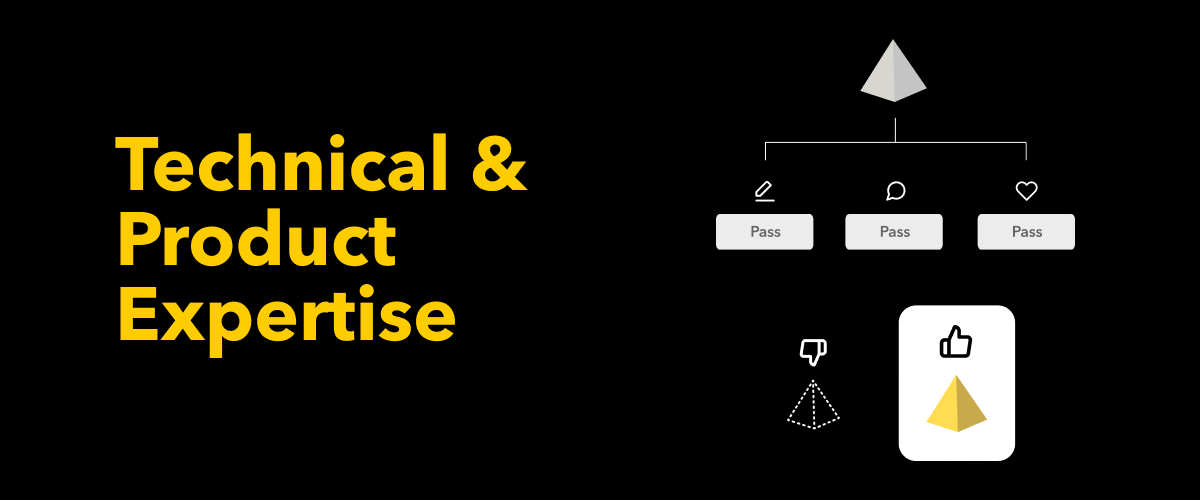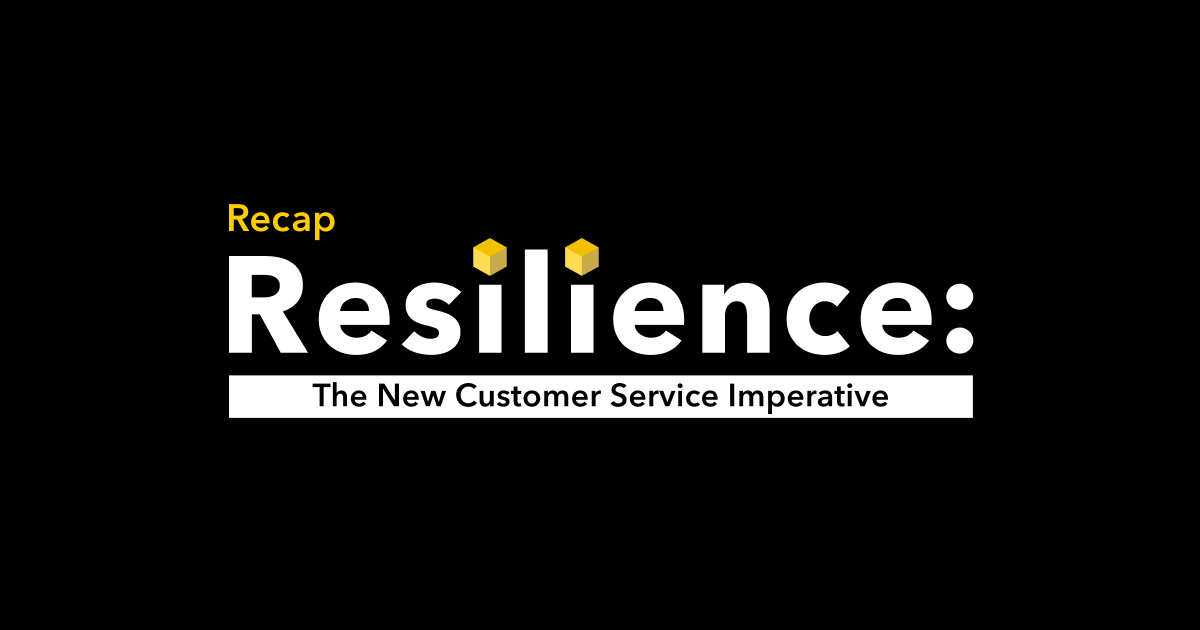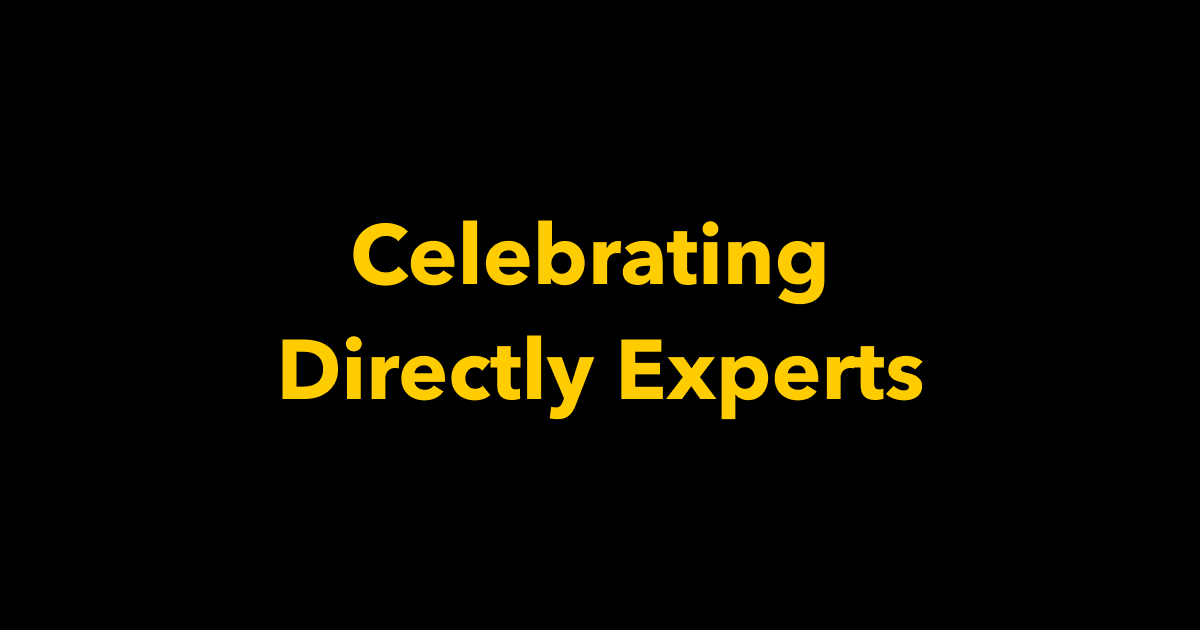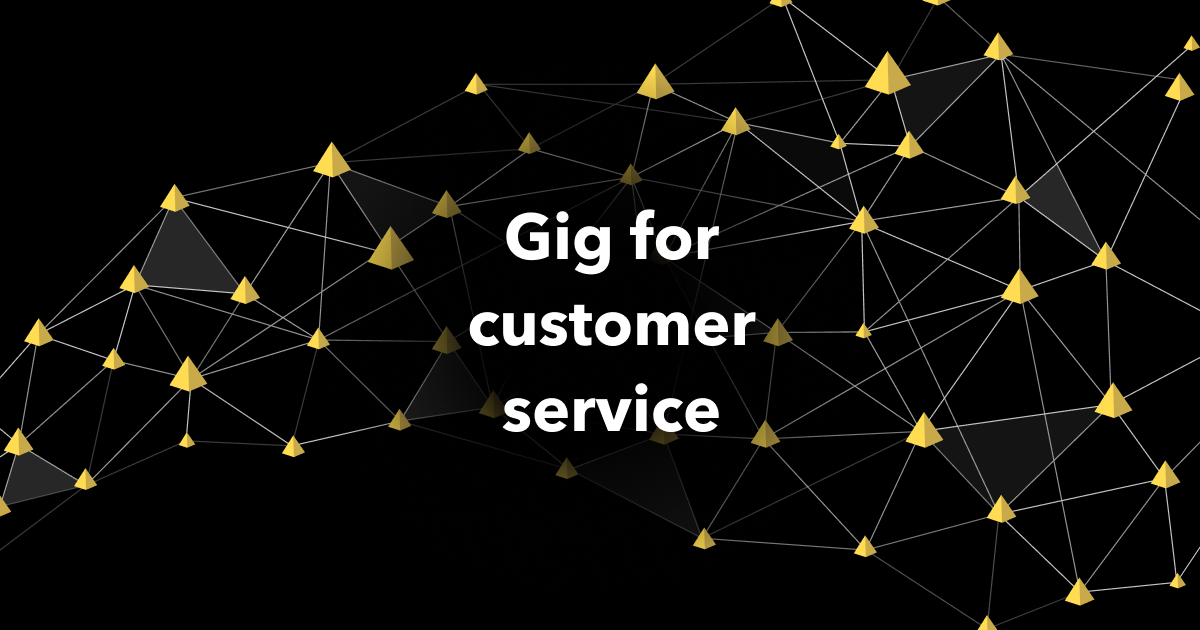Editor’s note: This is the second post of a three-part blog series about how we build and manage our network of on-demand experts, who provide much-needed scale and flexibility for today’s decentralized contact center. These independent experts — who have a combination of first-hand experience with our customers’ products and a breadth of technical expertise — have become a trusted customer service resource for some of today’s leading brands.
In our last post, we wrote about how we find and vet on-demand experts that companies can trust to serve as an extension of their customer service team. That trust is first established by the process our team uses to find the right candidates and screen them.
But as we previously wrote, “trust is complicated” when it comes to allowing independent contractors to engage with a company’s most valuable asset — its customers. Trust must be continually earned — based on performance. And that’s where our platform comes into play. The platform’s collection of tools allows our team to continuously review, manage, and ensure the quality of our expert network.
While others may have limited insight into the specific elements of an agent interaction, such as empathy and response quality, we have the tools in place to continually educate and coach our experts, closely monitor and measure individual expert performance, and optimize the customer service experience across the entire network of experts.
Here’s how it works:
Code of conduct
Before any expert is approved to answer any questions, they must first agree to the Directly Code of Conduct. This is effectively our contract, setting expectations for how experts should respond to, communicate with, and ultimate serve the customers. It includes guidance on how to promote empathy and foster community. It also includes direct terms that discourage negative behavior that could result in removal from the platform.
For example, “Be kind. Some customers will be angry. Experts should rise above and be relentlessly positive and polite to deliver a superb experience.”
For some of our clients, we also include a specific code of conduct as it relates to the company experts are representing — similar to what any employee or contractor might sign before they do any work for the company.
Ongoing education
One of the main reasons companies choose Directly is that the experts we identify and on-board to our platform already have specific product and technology expertise — which can spare expensive and time-consuming training. By comparison, outsourced BPO agents require a tremendous amount of training — especially if they are handling product-related questions. BPO agents are typically customer service specialists, but lack first-hand experience with the products and services.
The inherent first-hand experience and technology expertise our experts is the primary required skill set in successfully assisting customers. However, throughout their entire journey as an expert, we provide additional educational tools and materials to learn the ins-and-outs of our platform and fill in any gaps in knowledge about the company and products they are representing.
We do this through our Expert Hub knowledge base and a virtual training platform.
Expert Hub
When experts sign into the Directly platform, they enter our Expert Hub — which provides a wealth of information and FAQs that explain how the platform works and best practices for success. (Note: Our experts are paid on performance, which we’ll cover in more detail in our next post).
Here are a couple of examples of the advice our experts can find in our Expert Hub:
An article about how to improve CSAT (customer satisfaction) ratings says, “Skip questions if you don’t know or are not sure of the answer. … The wisdom of the crowd ensures that someone out there probably has seen that situation or had that experience so if you don’t think you have a great answer, wait and see how another Expert answers.”
An article about setting expectations suggests: “As a fellow user of the product, you have been in the customer’s shoes and are in a unique position to empathize with them. You can quickly develop an empathic relationship with the customer by letting them know you are an expert and refraining from language an employee would use.”
Training modules for products/services
Experts must complete a series of skills tests and assignments through our integrated training platform. Typically, these assignments involve reviewing a series of topics in a slide-based format. Once experts pass the various skills and language tests and successfully complete these lessons, it unlocks their ability to start fielding questions.
Additionally, we use this platform to provide training for new products. For example, one of our clients recently pushed out a new assignment for experts to review information about new products for the current holiday season.
As experts finish these online courses, the reference material stays in their library, so they can always refer back to it. Each expert can find their required assignments and links to additional materials. Here’s what the interface looks like:
Performance measurement and optimization
Once experts finish any required training modules, they may start receiving customer inquiries and answering questions. And at this point, we begin to measure quantitative performance of experts and their answers based on feedback from customers and other experts. We measure performance based on five indicators:
Resolution Rate: This is determined by the percentage of an expert’s responses in which questions are fully resolved.
Customer Satisfaction: At the end of each interaction, customers are asked to rate the conversation. This is calculated by the percentage of positive ratings given by received vs. all ratings.
Answer Quality: In addition to collecting feedback from customers, our platform encourages experts to review and endorse other experts’ answers. These endorsements determine the answer quality score.
Action Rate: This is the number of questions an expert took action on (either answered or rerouted to an internal agent) vs. the total number of questions received.
Feedback Rate: While we encourage peer review, everyone is expected to also contribute to the network by answering questions, not just giving endorsements and suggestions. The feedback rate is the total number of questions experts answer vs. the total number of endorsements and suggestions given.
Here’s what a typical user performance scorecard looks like:
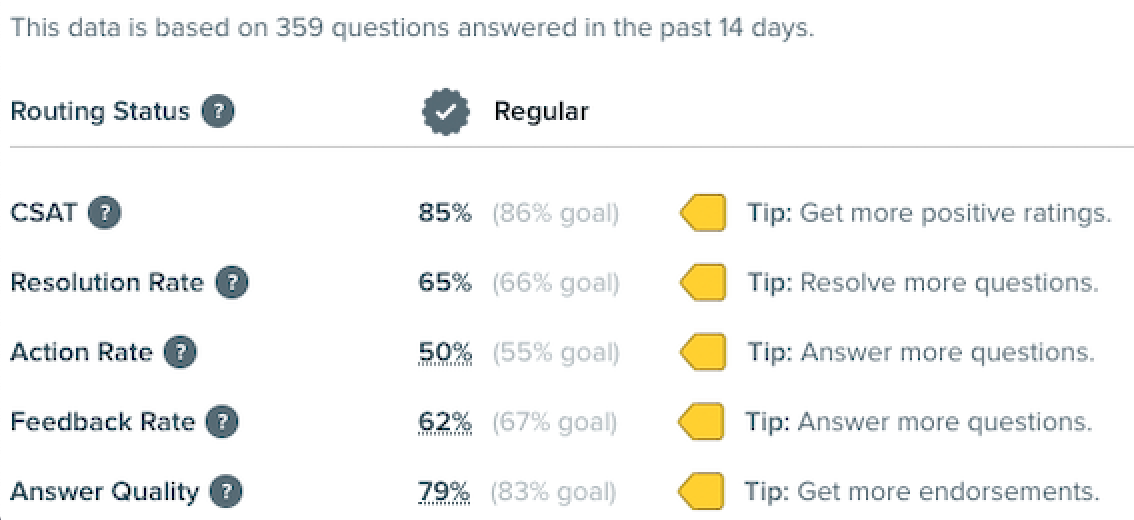
This quantitative performance data is important for three different audiences:
Our team can see how the entire network is performing for our client, along with how individual experts are doing. For individuals, low scores and reported violations can trigger our operations team to follow up with an expert. Continued poor performance will lead us to remove them from our platform. And we can identify and optimize areas where, collectively, our experts may be underperforming. For example, if experts are having difficulty answering a group of similar questions, we might work with our clients to develop new training materials.
Experts use the scorecard to understand how they are doing and see where they need to improve. These metrics also influence compensation — good performance increases the opportunity to answer more questions, and earn more. We’ll explain in more detail how our performance-based routing works — and rewards top performers — in our next post!
Our clients can see how their network is performing — and how that performance changes (and typically improves) over time. They can also compare CSAT ratings of our network vs. other support channels, whether it’s an internal team or an outsourced contact center/BPO.
Qualitative review
While our quantitative performance measurement looks mostly at signals from customers and other experts, our team also performs ongoing qualitative review of our experts.
We review the performance of each new expert — and also review a sample size of threads within each network every week. We rate each interaction with a customer based on these four criteria:
-Did they communicate in a professional and courteous manner?
-Did they communicate clearly?
-Did they build rapport with the customer?
-If necessary, did they reroute appropriately?
Our team also reviews conversations flagged by experts or customers for violations of our code of conduct or other performance problems. If an expert exhibits poor performance over time, we’ll provide them with feedback, additional coaching, and training. If performance has not improved after every effort has been made to help increase their score, we’ll notify them and remove them from our platform.
Up next: How our on-demand experts are rewarded
Trust only works if it goes in two directions. Our process for finding, vetting and managing on-demand experts helps our clients trust that their customer service is in good hands. But what about the experts? What keeps them engaged, interested, and ultimately motivated to do the best job possible?
Most of them are inherently interested in helping people — especially fellow users of the products they love to use. But they also deserve to be paid for their help. In our next post, we explain how experts are rewarded for delivering great customer service — and how we retain top performers. Make sure to follow us on LinkedIn, Twitter, and Facebook to be notified about our next post.
Why Directly Experts?
Directly delivers world-class customer service for leading Fortune 500 brands. Captive and outsourced contact center models increasingly can’t keep up with customer service demands, while self-service is only effective at deflecting simple contacts. With Directly Answers, we help you troubleshoot a wide range of technical issues using on-demand experts.
Customers like Microsoft, Samsung, and Airbnb to reduce contact center volume up to 40%, boost CSAT up to 20% and save millions per year. Contact us to set up a demo today.
